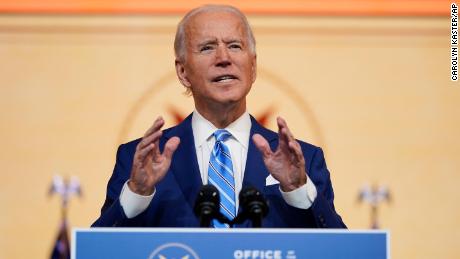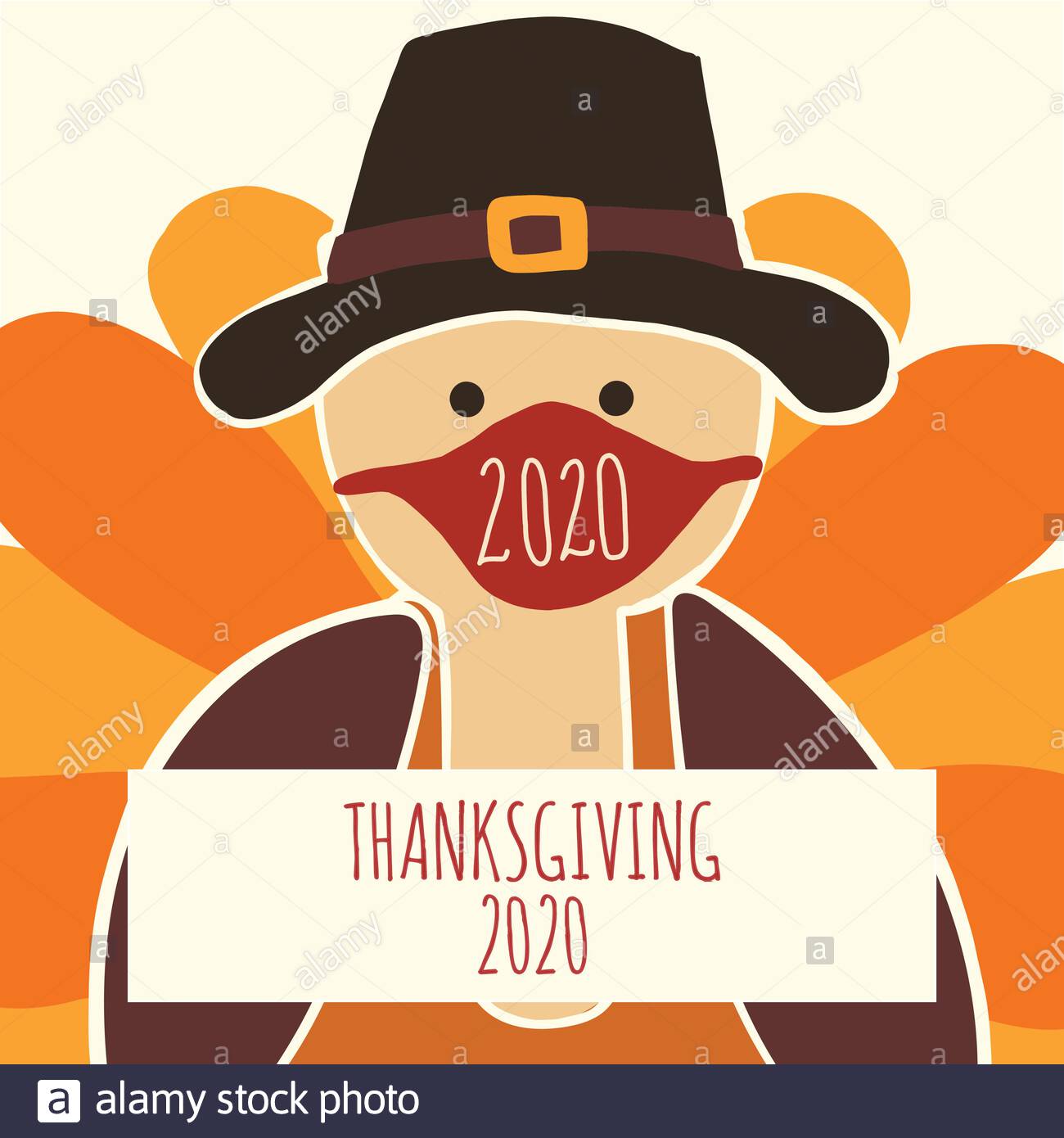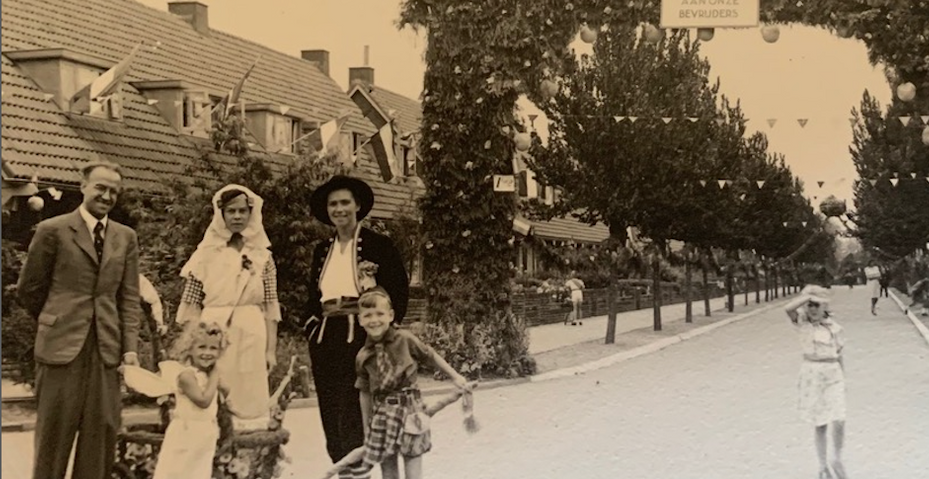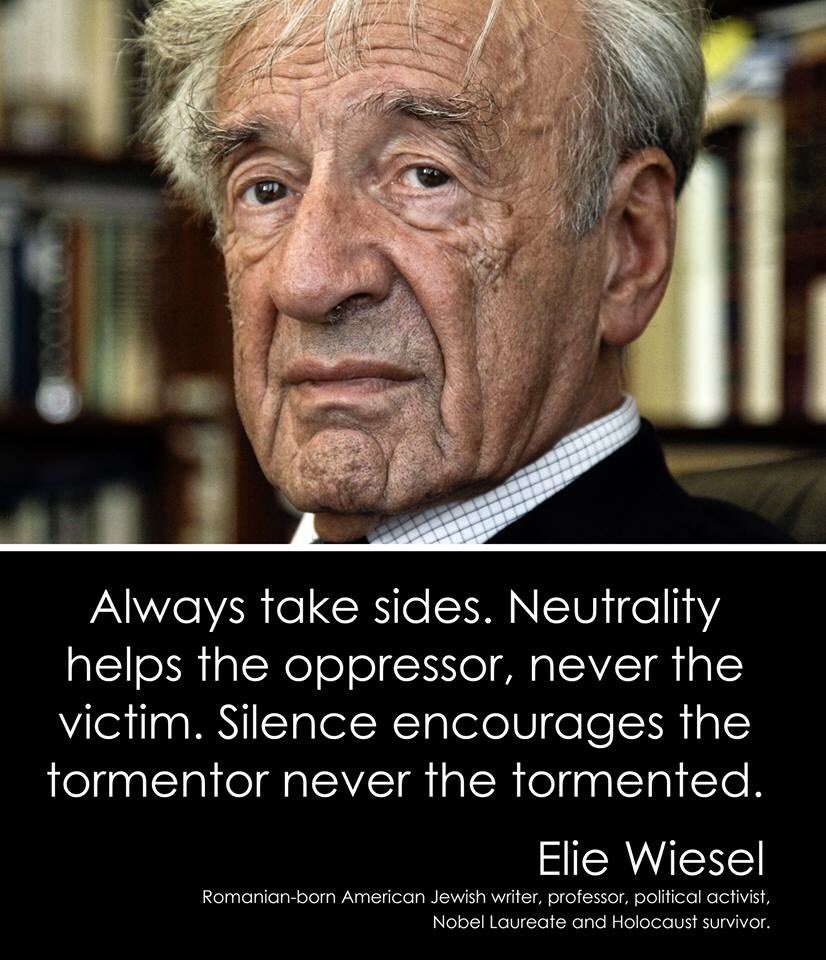Politics
President-elect Joe Biden’s Thanksgiving Address, November 25, 2020
Thanksgiving Address as Prepared for Delivery by President-elect Joe Biden in Wilmington, Delaware My fellow Americans: Thanksgiving is a special time in America. A time to reflect on what the year has brought, and to think about what lies ahead. The first national day of Thanksgiving, authorized by the Continental Read more…



